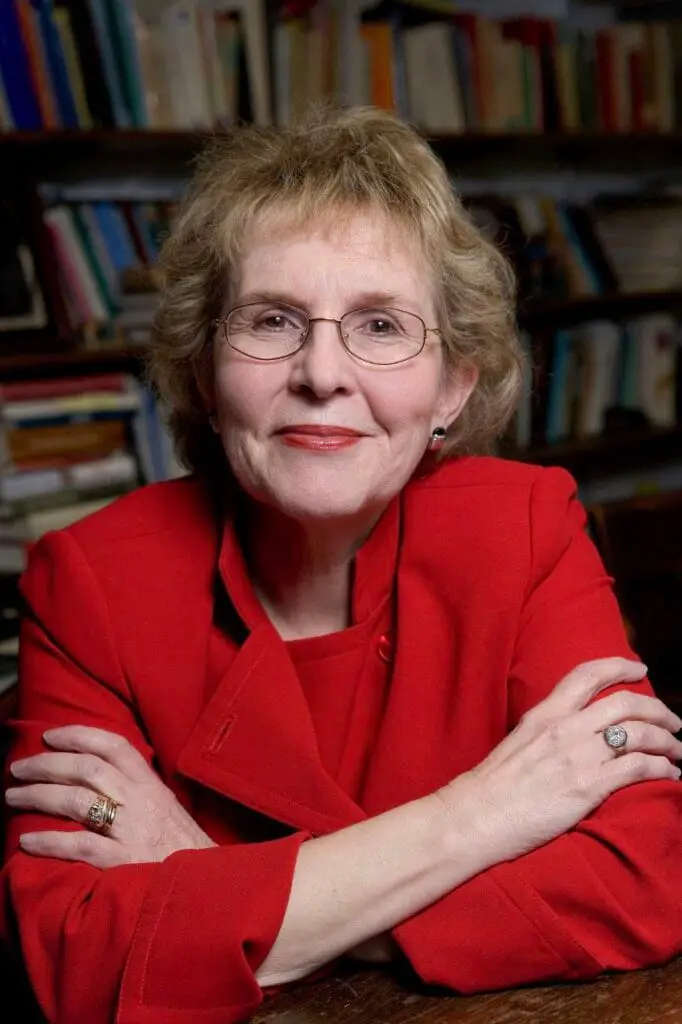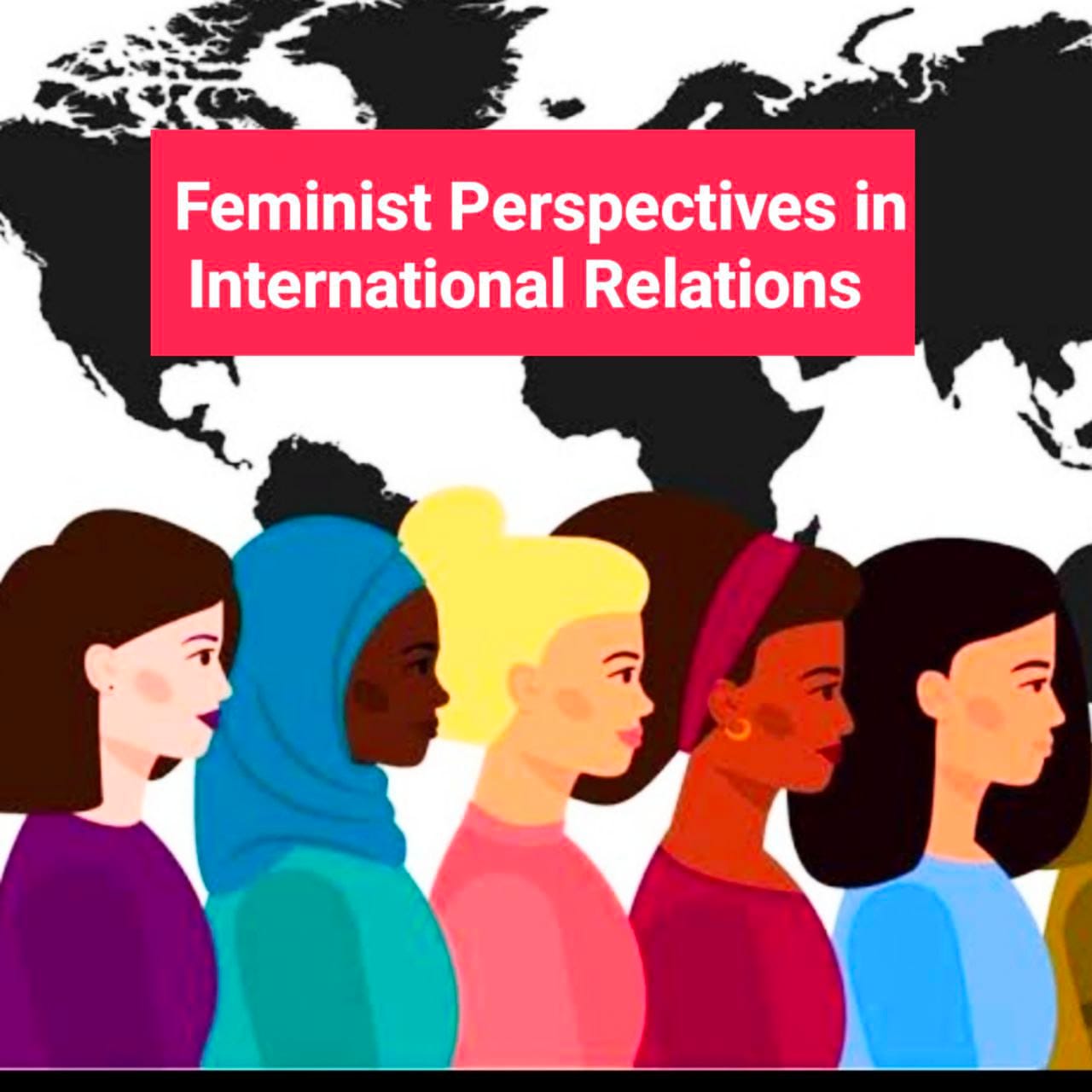Feminist Perspective in International Relations
The feminist perspective in international relations (IR) challenges traditional IR theories like realism and liberalism by highlighting the gendered nature of global politics. Feminist scholars argue that mainstream IR theories have historically ignored the role of women and gender dynamics, focusing instead on male-dominated concepts such as power, war, and state sovereignty. Feminist approaches seek to uncover how international relations affect men and women differently and how gendered assumptions shape global political structures and outcomes.
Feminist IR theory emerged in the late 20th century as part of a broader movement in the social sciences to question established norms and explore marginalized perspectives. Scholars like Cynthia Enloe, J. Ann Tickner, and Christine Sylvester are among the key contributors to feminist IR.

Key Features of Feminist Perspectives in International Relations
- Gender as a Central Analytical Category:
- Feminist IR theorists argue that gender is central to understanding global politics. They differentiate between biological sex and gender, focusing on how socially constructed gender roles influence international relations.
- They critique the traditional focus on male-centric issues like military power, security, and diplomacy, pointing out that these perspectives often overlook how international events and policies affect women and marginalized genders differently.
- Critique of Mainstream Theories:
- Feminists critique traditional IR theories like realism and liberalism for being androcentric (male-centered). These theories prioritize concepts such as state sovereignty, military strength, and national security, which are typically framed in terms of masculine traits like aggression and dominance.
- Feminists argue that by focusing on state-centric, top-down views of power, these theories fail to account for the everyday experiences of people, especially women, who are affected by war, economic policies, and other global issues in different ways than men.
- Understanding the Global Political Economy:
- Feminist IR examines the role of gender in the global political economy. Scholars argue that economic policies, such as globalization and neoliberalism, have disproportionately affected women, especially in the Global South.
- Feminists look at how labor markets are gendered, with women often relegated to lower-paid or informal sectors. They also critique the lack of recognition for unpaid labor, such as caregiving and household work, which is predominantly done by women and sustains the global economy.
- Focus on Human Security:
- Feminist theorists advocate for a broader concept of security, moving beyond traditional military definitions to encompass human security, which includes economic, social, and environmental dimensions.
- Feminist IR emphasizes the importance of addressing structural violence, such as poverty, discrimination, and inequality, which disproportionately affect women and other marginalized groups. This approach shifts the focus from state security to the security of individuals and communities.
- The Personal is Political:
- A key principle in feminist IR is that the personal is political. This means that issues traditionally seen as private or domestic (e.g., family dynamics, reproductive rights, sexual violence) are deeply connected to global political structures.
- Feminists argue that international policies on conflict, trade, and migration have direct impacts on personal lives, particularly for women and marginalized communities. For example, sexual violence in conflict zones or human trafficking are not just local or individual issues but have global political dimensions.
- Intersectionality:
- Feminist IR embraces intersectionality, a concept developed by scholars like Kimberlé Crenshaw, which acknowledges that people’s experiences of power and oppression are shaped by multiple factors, including gender, race, class, sexuality, and nationality.
- Feminist scholars in IR analyze how different identities intersect to create complex layers of inequality in global politics. For example, the experiences of a poor, black woman in a war-torn country differ significantly from those of a wealthy, white woman in a stable democracy.
- Women’s Role in Peace and Conflict:
- Feminist IR emphasizes the role of women in peacebuilding and conflict resolution, areas often overlooked in traditional IR. Women are often disproportionately affected by conflict, experiencing violence, displacement, and economic hardship, yet they are typically excluded from peace negotiations and post-conflict reconstruction efforts.
- Feminist scholars highlight how women’s involvement in grassroots movements, peace processes, and reconciliation efforts can lead to more sustainable and inclusive outcomes. The UN Security Council Resolution 1325 on Women, Peace, and Security, which calls for greater inclusion of women in peacebuilding, is a key achievement supported by feminist IR scholarship.
- Deconstruction of Masculinity in IR:
- Feminist IR examines the role of masculinity in shaping international relations, especially in the context of war, security, and diplomacy. Traditional IR concepts like military strength and national security are often linked to ideals of masculinity, which equate strength with dominance and aggression.
- Feminists argue that this narrow focus on masculinity perpetuates conflict and militarization while ignoring alternative approaches to security and cooperation, which might emphasize diplomacy, negotiation, or non-violent solutions.
- Global Governance and Women’s Rights:
- Feminist IR also focuses on how global governance institutions, such as the United Nations or the World Bank, address (or fail to address) gender inequality. Feminist scholars critique the lack of women’s representation in leadership roles within these institutions and the insufficient attention to gendered issues in their policies.
- Feminists advocate for integrating gender perspectives into global governance frameworks to ensure that international laws, agreements, and policies promote women’s rights and gender equality.
Key Feminist Thinkers in International Relations
- Cynthia Enloe :

- A leading feminist IR scholar, Enloe’s work focuses on how gender shapes global politics. Her book “Bananas, Beaches, and Bases” explores how women’s labor and experiences are often overlooked in global political economy and military activities.
- J. Ann Tickner :

- Tickner is a prominent feminist theorist who critiques traditional IR theories for their exclusion of women and gender issues. In her work “Gender in International Relations”, she argues that concepts like power and security are defined through a masculinist lens and offers alternative feminist perspectives.
- Christine Sylvester :

- Sylvester’s work emphasizes the need to bring women’s lived experiences into IR theory. She challenges the idea that global politics is only about states and military power, arguing instead that personal narratives and everyday experiences are crucial to understanding international relations.
Conclusion
The feminist perspective in international relations offers a critical lens through which to examine the gendered nature of global politics. By challenging traditional IR theories that focus on power, security, and state-centric approaches, feminist scholars highlight the importance of gender, human security, and the lived experiences of individuals, especially women, in understanding global issues. Feminist IR emphasizes the need to consider intersectionality, the role of women in peacebuilding, and the often overlooked impact of international politics on personal and everyday life.

